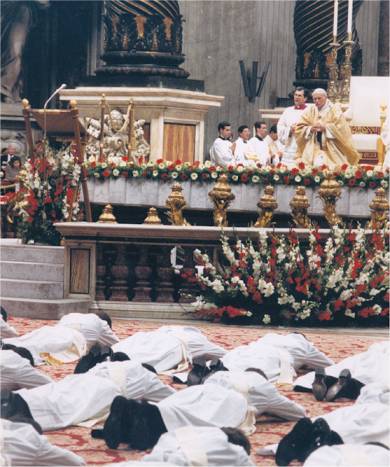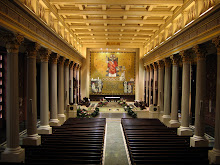85 years ago,
our neighbors to the south were embroiled in a life and death struggle to
maintain their freedom to worship as they saw fit. With laws that the were enacted with the ratification of a new Constitution but never enforced, The Church in Mexico
thought it had found an uneasy peace with the government. However, as President Calles took office, he
began a systematic implementation of the rules that previously existed. This resulted in the suppression of the
rights of Catholics to gather for Mass and for priests and nuns to wear
religious garb outside of a house of worship.
Also, foreign born clerics were expelled from the country. (As a side note, this oppression and the
resulting heroism is told dramatically in the new movie, ‘For Greater Glory,’
which is currently in theatres.)
Our brothers
and sisters to the south did not sit by quietly to allow this oppression to
persist, however. Bishops, priests,
religious and lay men and women, Catholic, Protestant and Atheist, even, bonded
together in a wide range of efforts to preserve the rights of Mexican citizens
to express their religious liberty. And
while it was a long and difficult struggle, eventually the government had to
withdraw, eventually the struggle for freedom was won; through the power of
prayer and an attitude that they would not succumb to the forces arrayed
against them.
The atrocities committed in Mexico against the Church are not the first time in history
that civil governments attempted to silence and/or marginalize people of faith. In the early Church, St. Justin Martyr was a
great apologist and defender of the faith, even to the Emperor himself. During the English Reformation, Sts. Thomas
More, John Fisher, Margaret Clitherow, and Edmund Campion stood against the
reforms of Elizabeth and gave their lives in witness to the Catholic
Faith. In the missionary countries of Africa and the Far East, the seeds of the Church were sown by the courageous
witness of those who challenged the status quo and fought for the freedom to
embrace this newly introduced religion, because it was true and resonated deep
in the echoes of the heart.
Every time the Church is
persecuted, it does not start with a full scale frontal assault, but rather
slowly chips away at the fringes before, all of a sudden, there is no longer a
freedom to do what our faith impels us to do: care for the poor and the
elderly, teach and form the young, preach the Gospel, manifest Christ to the
world around us. All of these are obligations
not just of the priest, but of every Catholic.
The comforting aspect is
that we do not do this alone. Recently,
a Baptist woman came up to me as I was wearing my Roman Collar and affirmed: I
support the Catholic Church! And we do
not stand just in this time, as the saints who have gone before us give us the
example and courage to follow in their footsteps, so that there might be raised
up from among our very midst saints in the vein of those listed above, from
every age and walk of life.
The founding fathers of this
country purposely installed religious liberty as our first and most cherished
right because they knew the power of a citizenry that was aware of a higher
power to do great things. It is on all
of us to embrace that call today.









